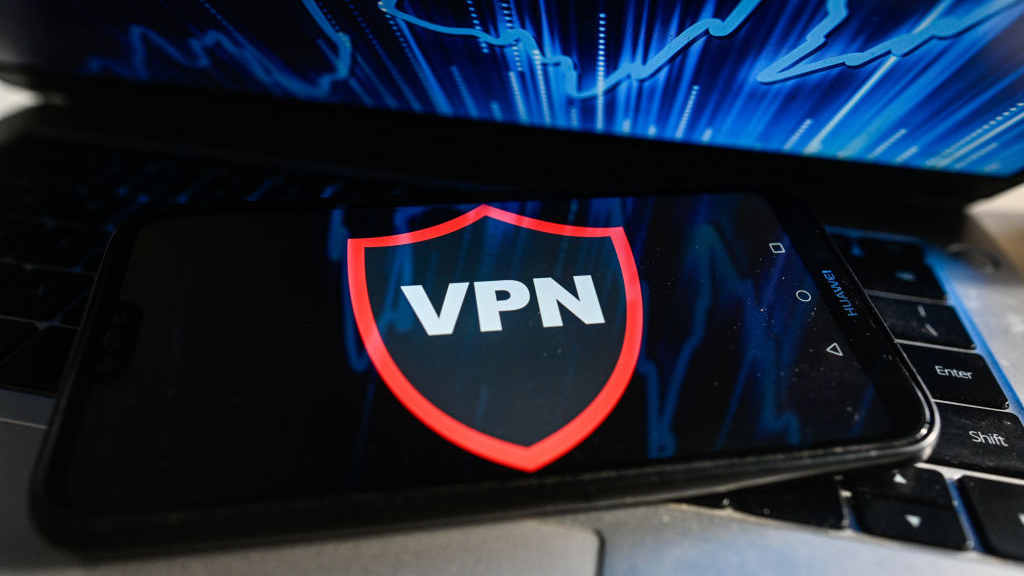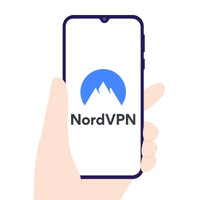Could VPNs be banned? UK government to look "very closely" into their usage following spike after age verification row
UK science secretary insists there are no plans to ban VPNs

- UK science secretary denies there are plans to ban VPNs
- The government is, however, looking "very closely" at how VPNs are being used
- VPN demand has soared in the UK since new age verification checks came into play on July 25
VPN sign-ups in the UK have skyrocketed since new age verification checks were enforced on Friday, July 25, as Brits look for ways to bypass the new requirements.
It's currently legal to use a virtual private network (VPN) to avoid the checks, but with many of the best VPNs reporting huge spikes in downloads since the new measures came in, there has been debate as to whether authorities could end up banning their use.
UK science secretary, Peter Kyle, insists there are no plans to ban VPNs. Kyle confirmed, however, that the government would be looking "very closely" at how VPNs are being used. "Some people are finding their way round [the legislation]," he admitted, during an interview with Sky News this week – The Guardian reported.

Starting on Friday, July 25, 2025, all platforms displaying adult-only or harmful content are now required to enforce robust age verification checks under the Online Safety Act.
As Ofcom explains on its website, "Just ticking a box to say you're over 18 will no longer be enough."
This means that all websites reserved for users aged 18 or over must ensure minors never access their services via identity checks. This includes social media, dating apps, and gaming platforms, which are also now expected to verify their users' age before displaying potentially dangerous materials.
However, the new checks have sparked concerns regarding data privacy, security, free speech, and access to information.
A petition to repeal the UK Online Safety Act has already reached over 340,000 at the time of writing, and Reform UK's leader, Nigel Farage, is strongly pushing to scrap what he described as a "borderline dystopian" legislation – The Guardian reported.
VPNs and age checks: what you need to know
VPN services are a popular way to bypass geo-restrictions, like those imposed by streaming platforms. That's because a VPN spoofs your real IP address and assigns you a new, temporary one based in the same place as the VPN server you join. This makes it possible to trick the sites you visit into thinking you're in a different country.
Given the sudden spike in VPN usage across the UK, it seems likely that many people are familiar with this.
One popular provider, Proton VPN, recorded an hourly increase of over 1,400% starting from Friday at midnight. AdGuard VPN also confirmed to TechRadar that sign-ups grew by 2.5 times in just a few days. Data from Top10VPN shows an ongoing surge in VPN demand of over 500% since Friday.
At the time of writing, using a VPN in the UK is legal, and using one to bypass the new age checks is not considered a crime.
NordVPN: The best VPN for most people
NordVPN delivers a better mix of privacy, security, extra features, and value for money than any other VPN we’ve tested. It’s cheaper than close rival ExpressVPN, has a huge server network across the world, and is a great choice for streaming, with superb speeds and flawless unblocking.
Sign up to NordVPN to claim TechRadar's exclusive deal and get up to a 76% discount, $50 Amazon Gift card, and 4 months free protection – you can still use its 30-day money-back guarantee.
VPNs work by creating a secure connection between your device and another location on the internet. They mask your IP address, and they encrypt data that's transmitted to and from your device, so that it’s impossible for third parties to intercept or track your activities.
It's important to remember that VPNs don’t always guarantee complete anonymity, and not every VPN can be trusted. Free VPNs, in particular, often have fewer privacy and security credentials. Some harvest your personal and browsing data for profit.
We don't recommend choosing a free VPN if data protection is your top priority, but if you're not prepared to pay for a service then the best free VPN we've tested for privacy and security is Proton VPN Free.
Otherwise, our top recommendations are NordVPN, ExpressVPN and Private Internet Access (read our guide to the most secure VPNs for more).
Will the government find a way to prevent people from bypassing the new Online Safety Act's measures via VPNs?
It's too early to know for certain, but a ban seems to be off the cards – for now, at least.
You might also like

Chiara is a multimedia journalist committed to covering stories to help promote the rights and denounce the abuses of the digital side of life – wherever cybersecurity, markets, and politics tangle up. She believes an open, uncensored, and private internet is a basic human need and wants to use her knowledge of VPNs to help readers take back control. She writes news, interviews, and analysis on data privacy, online censorship, digital rights, tech policies, and security software, with a special focus on VPNs, for TechRadar and TechRadar Pro. Got a story, tip-off, or something tech-interesting to say? Reach out to chiara.castro@futurenet.com
You must confirm your public display name before commenting
Please logout and then login again, you will then be prompted to enter your display name.
